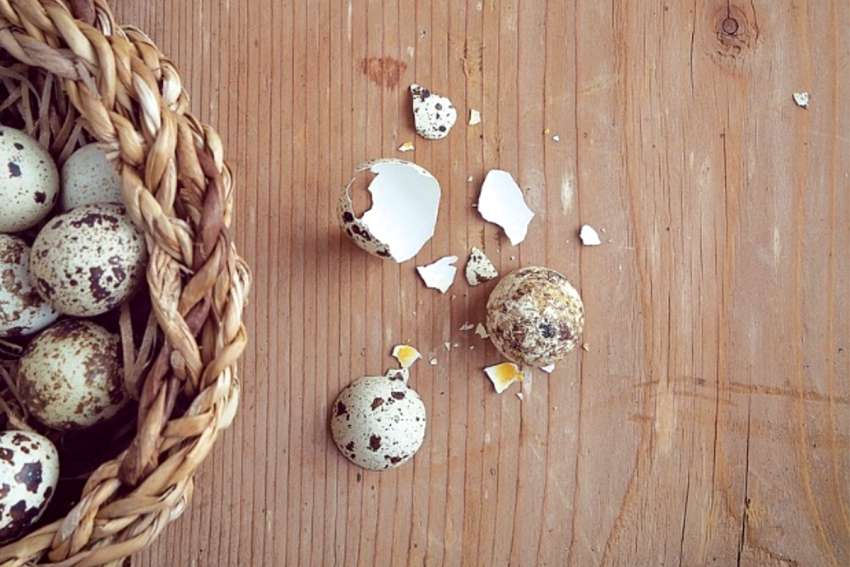I have written a book (My Heart of Flesh) about practical spirituality in seasons of suffering, but sometimes the answer is simpler than that. When we get to the end of our capacity, it may simply be the time for falling apart.
We live in a world that defines our worth by our productivity, as though sheer will could protect us from brokenness and pain. We have all experienced the lies in this claim, but it is so tempting and engrained that we fall for it over and over again.
Falling apart is a prophetic act of resistance that feels like failure but is actually the next step forward.
Falling apart is terrifying and consequential. It is a profound surrender that comes in many forms. We release our death-grip on what is and allow the next thing to happen: declare bankruptcy, ask for the leave of absence, quit the job, drop the lawsuit, plead guilty, stop fighting, file for divorce, suspend screen time limits, stay in bed for a week, get help, book weekly counselling, cry for days, hit rock bottom and lie there in defeat.
And falling apart is sometimes a necessary virtue and an act of faith. As a bird grows inside an egg, the space designed to keep the bird safe gradually weakens. Calcium transfers from the egg to the bones and birds of the bird within. As the bird grows closer to surviving outside, the shell weakens so that the bird can break its way out. The container that has been carrying the bird has to be broken in order for new life to emerge.
Falling apart is our breaking out of shells. Some of the shells we love and ache for. Others are thrust on us and we carry them out of duty or profound need. And when it is time, we have to allow the eggs to break.
And so, I hold the hands of the grieving and share their tears. Falling apart looks like taking as much time off work as you need and can manage. Falling apart sounds like saying that today feels really terrible and that you are not okay. It can look like allowing people to clean and cook and care for you, and setting boundaries with people who do not respect that grief is a long and individual path.
When people are going through a crisis of meaning or faith, falling apart often means the loss of communities and relationships. You wander around in the hallways of your life to this point, wondering if your heart and mind will become homeless. It feels like a betrayal of your previous self and an inevitable landslide at the same time. Falling means accepting the possibility of not believing at all.
Falling apart in seasons of great hardship looks like letting people down, not doing what was (or felt) essential, letting real and figurative balls drop instead of catching them. We call emergency services, draw a line in the sand, say no (more). Other people will have (big) feelings about this and we can no longer care about anything other than tending to our own broken selves and shells.
There are times for surviving, for leaning in and powering through. And there are times for giving up.
Falling apart is an act of faith in the possibility that we are not actually holding the world together. That there is something beyond our pain. That breaking has become a better option than being broken. Willingly falling apart is a proclamation that we are worthy of Rest.
There will be a time for learning to walk again, for the collecting of the pieces of shell, for reflecting on how we have changed. But none of that work can happen before the falling. If what we long for and cling to is so good and true and beautiful, we will find our way back to it.
But nothing lives or grows in a death grip. You will know when it is time. Trust yourself. Dare to let go. Give yourself the grace of falling apart.
(Perrault works in Catholic health care in Saskatoon and writes and speaks about faith. Her website is leahperrault.com)


